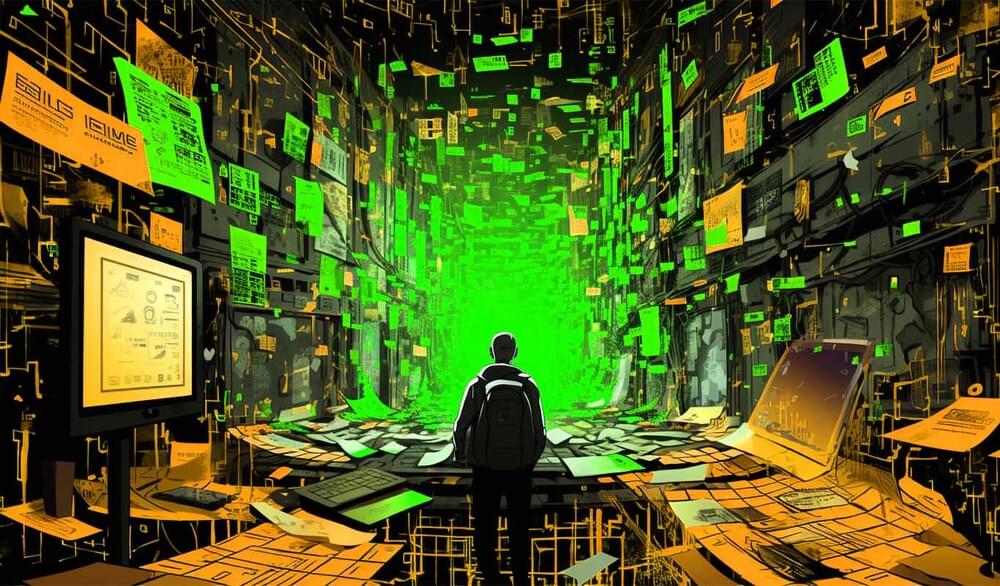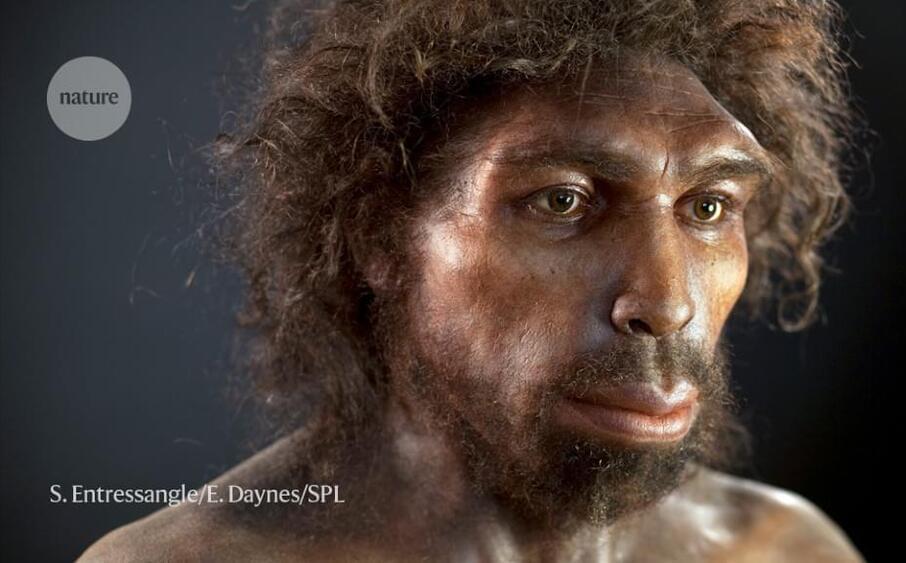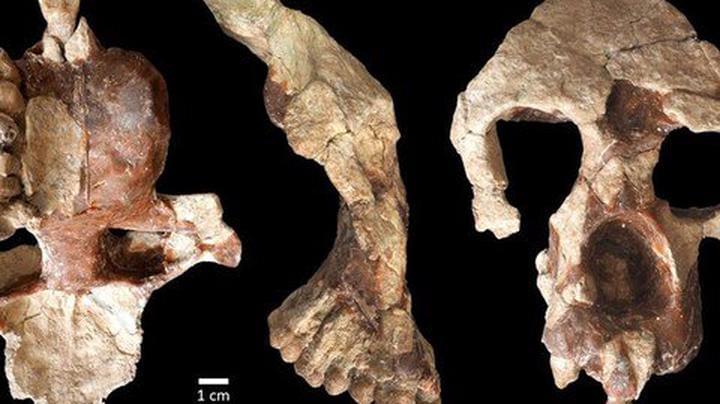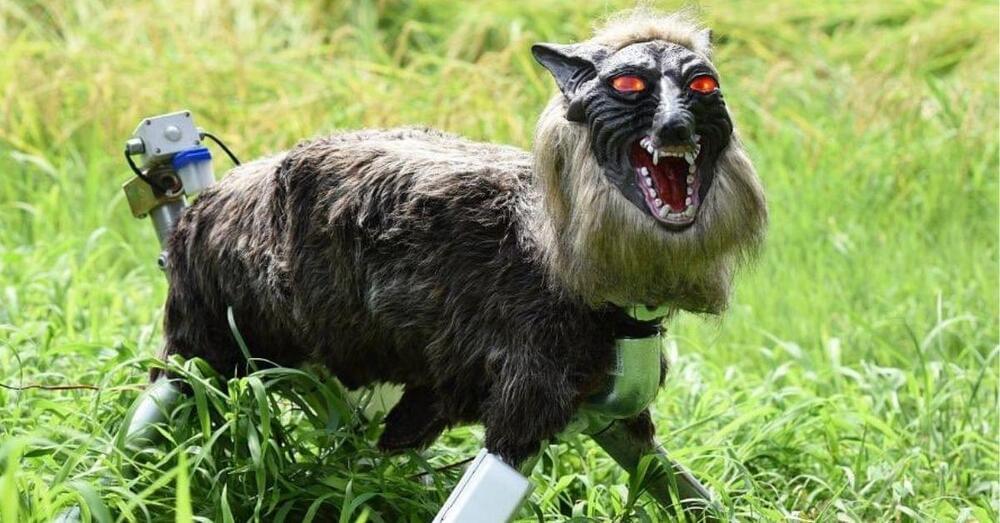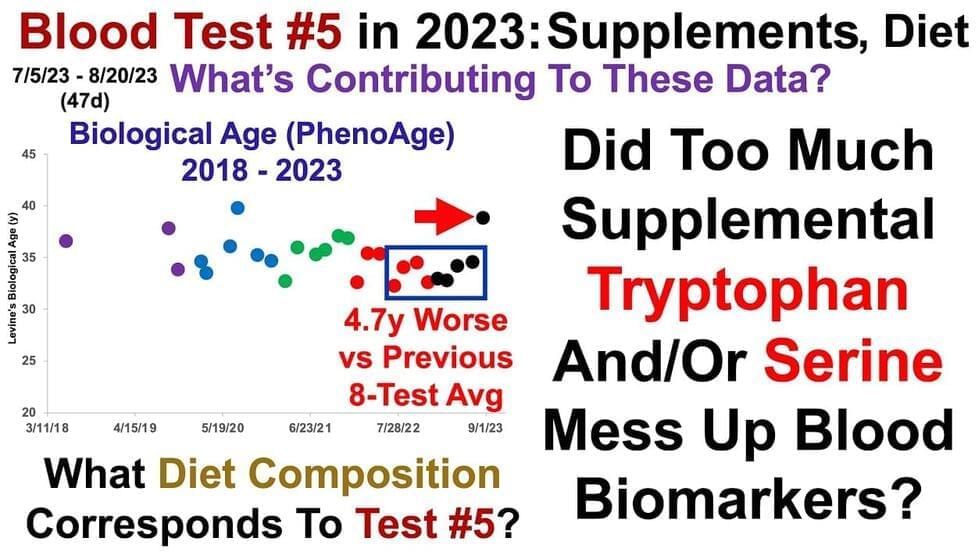Sep 3, 2023
A US Bank Says Sensitive Customer Data Has Been Compromised in Global Cybersecurity Breach
Posted by Genevieve Klien in category: cybercrime/malcode
A New York-based bank says a global cybersecurity incident has exposed sensitive customer data.
In a letter to customers, M&T Bank says the exploit involves the file transfer tool MOVEit, which is used to securely send and receive confidential information.
According to the bank, the attacker was able to access customer data by targeting one of the lender’s third-party vendors.
